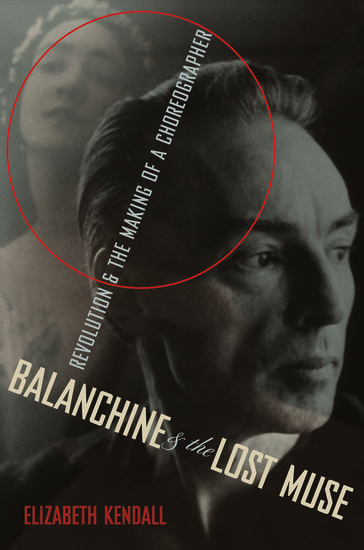Antarctica in the imagination
Long before it was first spotted in 1820, Antarctica has captured imaginations, and the many quests undertaken to explore it never fail to be dramatic adventures. Although Antarctica has been and continues to be studied, many do not know the continent’s past and the challenges it will face in the coming decades.








